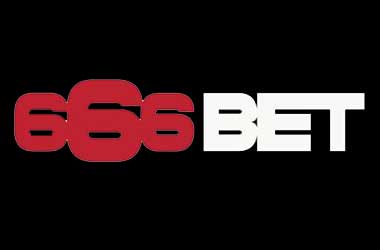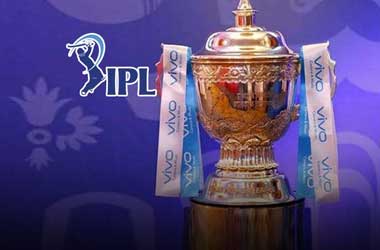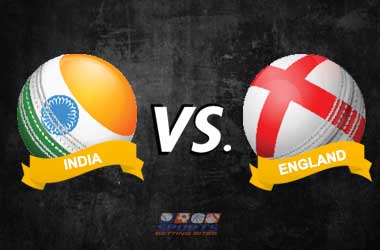
Iowa is pretty eager to legalize sports betting and tap into this lucrative betting market which could generate over $250 million in state gaming taxes based on the proposed tax rate of a reasonable 6.75 percent.
However, things have been delayed as legislators are currently not in agreement over some of the clauses outlined in the bill.
The biggest cause for debate among state legislators is whether to permit or ban betting on collegiate sports.
It appears it is not just some legislators who are against allowing betting on collegiate sports but also the majority of Iowans.
A Des Moines Register/Mediacom Iowa Poll which is a highly respected poll collected data from over 800 adult residents in the state during the month of February and found that 68 percent of those polled did not want betting to be legalized on college sports. Only 25 percent were in favour of betting on college sports.
When they were asked about legalizing sports betting in the state, as many as 40 percent were in favor of legalized sports betting and 52 percent were in opposition. These results provide more ammunition to state legislators who are not in favor of allowing college sports bets.
Iowa Press
State legislators are concerned that corruption through bribery and match fixing will tarnish colleges and athletes if college sports betting was permitted. While they do have a strong argument, the elimination of college sports bets will significantly dent the revenues of a legalized sports betting market which is estimated to be around $4 billion per year.
One just has to look at the numbers from Nevada’s sports betting market to get an idea of what college football bets could potentially contribute. The month of March is huge when it comes to college sports bets and Nevada brought in $522 million in March 2018 via college sports bets alone. That was over 10 percent of the sports betting revenue that Nevada generated in 2018.
So if legislators decide to ban college sports bets, Iowa would lose out on significant gaming taxes and it would also make the market less attractive to sports betting operators. Those in favor of college sports bets point out that a ban would only allow black market operators to thrive as they would cut into the college sports betting market.






